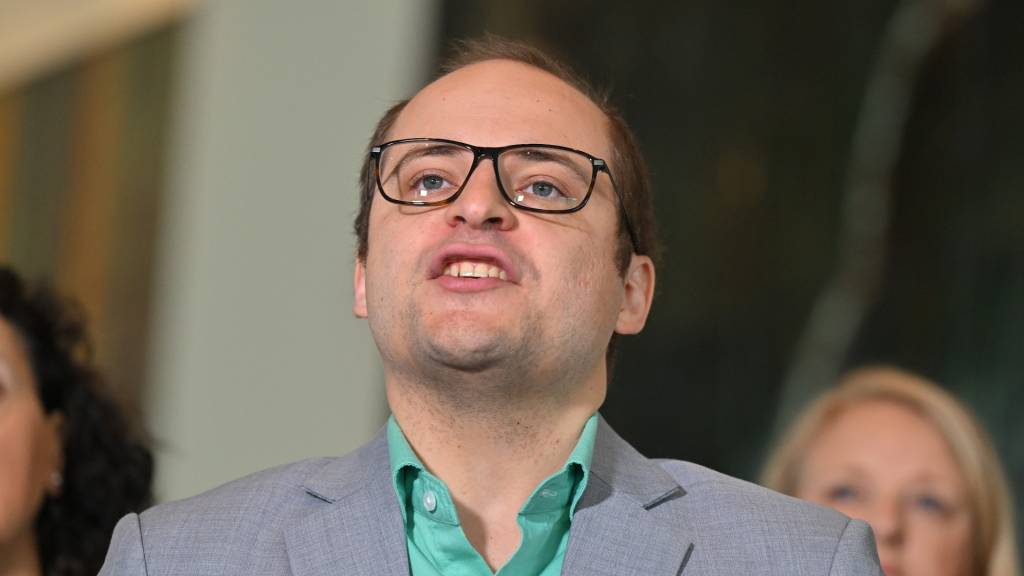The Australian Electoral Commission would be the best home for regulating truth in federal political advertising to ensure facts are at the centre of election campaigns, says a public policy think tank.
Australia Institute director Bill Browne said that the AEC could perform a similar role to the electoral commission in South Australia, where these laws have been operating for some time.
“Australia has a working model of truth and political advertising that it could adopt at the federal level, and that’s a system that’s in place in South Australia,” Browne said.
“They’ve had those laws for about 40 years now and they’re proven to work the quality of debate, and to up misleading advertising campaigns when they do go ahead.”
Browne said he supported the Albanese government’s recent but discarded proposal to create a separate office within the AEC to address concerns about truth in advertising.
That separate office would be overseen by the AEC, but its function would be to decide whether political advertising was truthful without compromising the work of the electoral commissioner in ensuring fair elections.
“They [proposed] a position headed by a former judge with a panel to support them, and they would actually be responsible for making these decisions, and that seems like a clever way of insulating the electoral commission more generally from the sometimes controversial nature of truth and political advertising determinations,” Browne said.
The Institute’s support for the AEC to take on the role of arbiter of truth in advertising coincides with the release of its survey, which revealed that a majority of Australians support truth in advertising laws.
Nine in 10 Australians support truth in political advertising laws. Browne said such laws are needed so political parties are regulated like companies under laws regulating misleading and deceptive advertising.
“Political advertisements that are deceptive and misleading interfere with the public’s ability to make informed decisions. Without action, we risk election campaigns sliding into a free-fall of fake news,” Browne said.
“Earlier this year, Labor and Liberal politicians voted to give political parties tens of millions of dollars more in public funding. Without truth in political advertising laws, there is every danger that taxpayer money will be spent lying to the public.
“Corporations are already prohibited from making misleading or deceptive claims — Australians should be able to expect the same or higher standard of honesty in politics as in trade and commerce.”
READ MORE:
Fighting the good fight on institutions, one reform at a time
